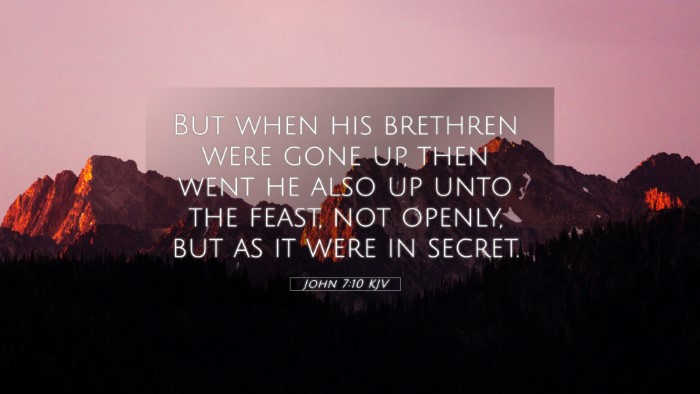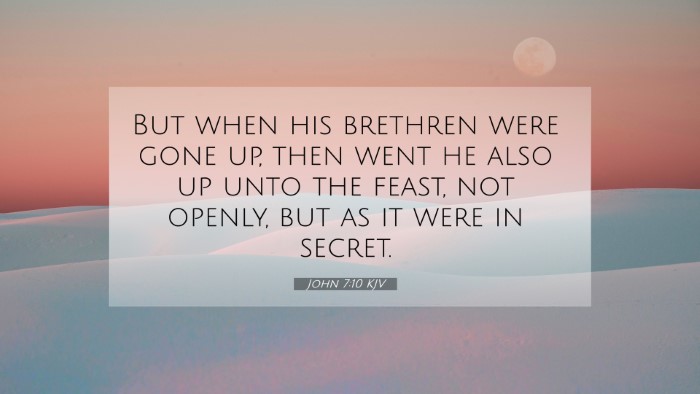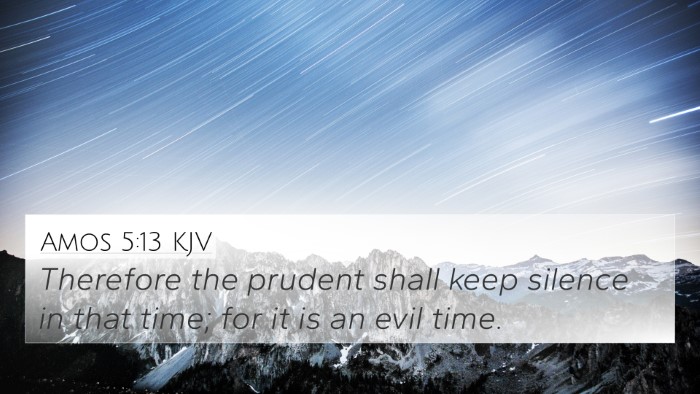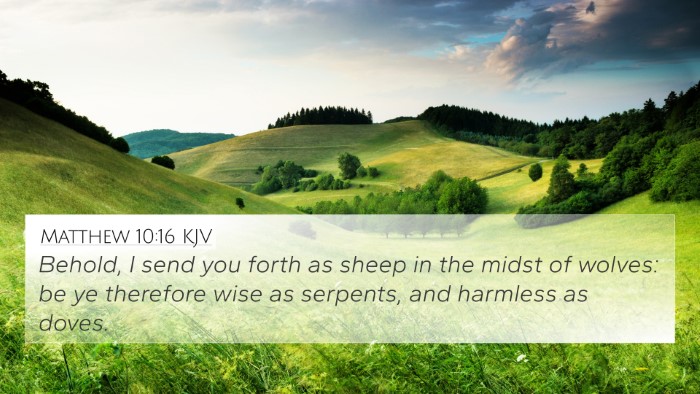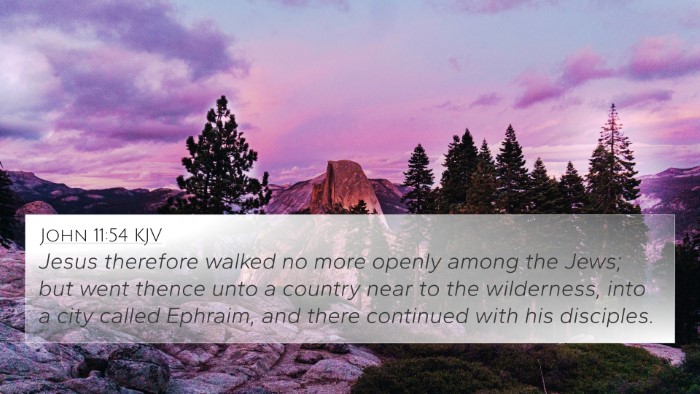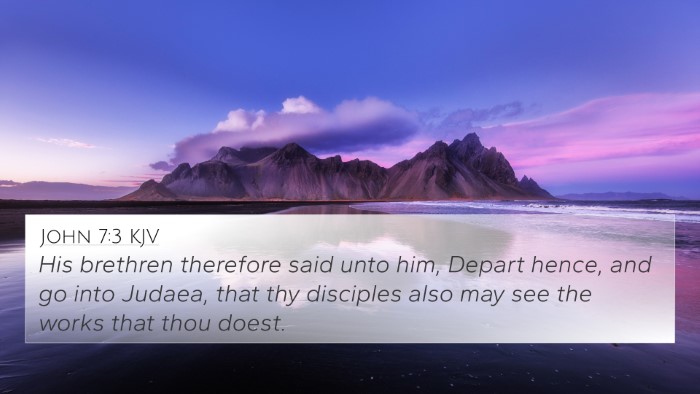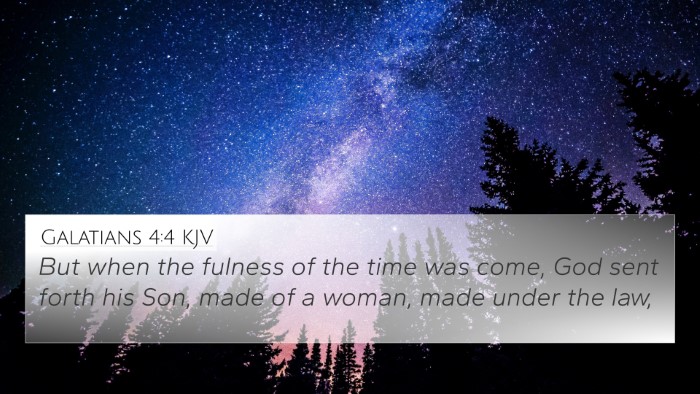Understanding John 7:10
John 7:10 states, "But when his brothers had gone up to the feast, then he also went up, not publicly but as it were in secret." This verse contains a significant backdrop that illustrates Jesus's relationship with His family and His approach to His ministry during a pivotal moment in the Jewish festival known as the Feast of Tabernacles.
Context and Significance
In this passage, Jesus's brothers initially encourage Him to show Himself publicly in Jerusalem during the festival. However, Jesus chooses to go up to the feast quietly, reflecting the humility and discretion that guided His earthly ministry.
Insights from Public Domain Commentaries
- Matthew Henry: Henry emphasizes how Jesus's refusal to go up openly demonstrates His understanding of His divine mission. This decision underscored the necessity of waiting for God’s timing rather than seeking human approval.
- Albert Barnes: Barnes notes that the intentional secrecy of Jesus's journey illustrates His deep contemplation about public perception and the reaction He would elicit. His choice to enter quietly reflects His mission to reveal Himself at the right moment.
- Adam Clarke: Clarke expands on the cultural implications of the pilgrimage. He highlights that Jesus's approach teaches believers about the importance of discernment in their actions and responses within a skeptical world.
Thematic Connections to Other Scriptures
John 7:10 can be richly explored through comparative Bible verse analysis. Here are several Bible cross-references that relate to the themes and ideas presented in this verse:
- Luke 8:17: "For nothing is secret, that shall not be made manifest; neither any thing hid, that shall not be known and come abroad." - This verse parallels the idea that Jesus's true nature and mission would eventually be revealed.
- Matthew 5:14-16: "You are the light of the world. A city set on a hill cannot be hidden." - While Jesus enters secretly, His ultimate purpose is to be revealed as the light to all humanity.
- John 2:4: "Jesus said to her, 'Woman, what does this have to do with me? My hour has not yet come.'" - This reflects Jesus's constant awareness of His timing and purpose, similar to His actions in John 7:10.
- John 8:20: "These words spoke Jesus in the treasury, as he taught in the temple: and no man laid hands on him; for his hour was not yet come." - Reinforces the idea of divine timing in His ministry.
- 1 Peter 5:6: "Humble yourselves therefore under the mighty hand of God, that he may exalt you in due time." - Jesus's secretive approach teaches humility and submission to God’s timeline.
- Mark 1:34: "And he healed many that were sick of diverse diseases, and cast out many devils; and suffered not the devils to speak, because they knew him." - Reflects the theme of Jesus operating within certain parameters to fulfill His mission without premature revelation.
- John 7:1: "After these things Jesus walked in Galilee; for he would not walk in Jewry, because the Jews sought to kill him." - Demonstrates the tension between Jesus's mission and the dangers posed by those who misunderstood Him.
Understanding the Implications of Secrecy in Ministry
Jesus’s decision to go to the festival in secret raises questions about the nature of His ministry and how it applies to contemporary believers. The choice reflects a strategy that prioritizes God’s will above public opinion. Here’s how these principles can guide our understanding:
- Divine Timing: It teaches that there is a right moment for every action in line with God's purpose.
- Humility in Service: Believers are encouraged to act without seeking accolades or recognition, focusing instead on fulfilling God’s objectives.
- Faith in God’s Plan: Jesus's actions show full reliance on the Father’s will, a model for how believers should approach their challenges.
Tools for Bible Cross-Referencing
To further explore the connections between Bible verses, one can utilize various tools for Bible cross-referencing:
- Bible Concordance: A valuable resource for locating specific words and their occurrences throughout the scripture.
- Bible Cross-Reference Guide: Guides that list related verses and themes for deeper study.
- Cross-Reference Bible Study: Methods for grouping linked verses thematically or contextually to see how they relate.
- Cross-Referencing Bible Study Methods: Techniques to analyze and connect different scriptural texts for comprehensive understanding.
Final Thoughts on John 7:10
In summary, John 7:10 provides a profound glimpse into Jesus's wisdom, humility, and awareness of the timing of His ministry. By exploring the cross-references and insights from public domain commentaries, believers can gain a fuller understanding of how this verse not only reflects Jesus's approach to ministry but also offers lessons applicable to their own lives. Engaging in thematic Bible verse connections allows for a richer spiritual experience and understanding of scripture. As one searches for connections between Bible verses, let this verse serve as a reminder of the depth and intricacy within God's word.

